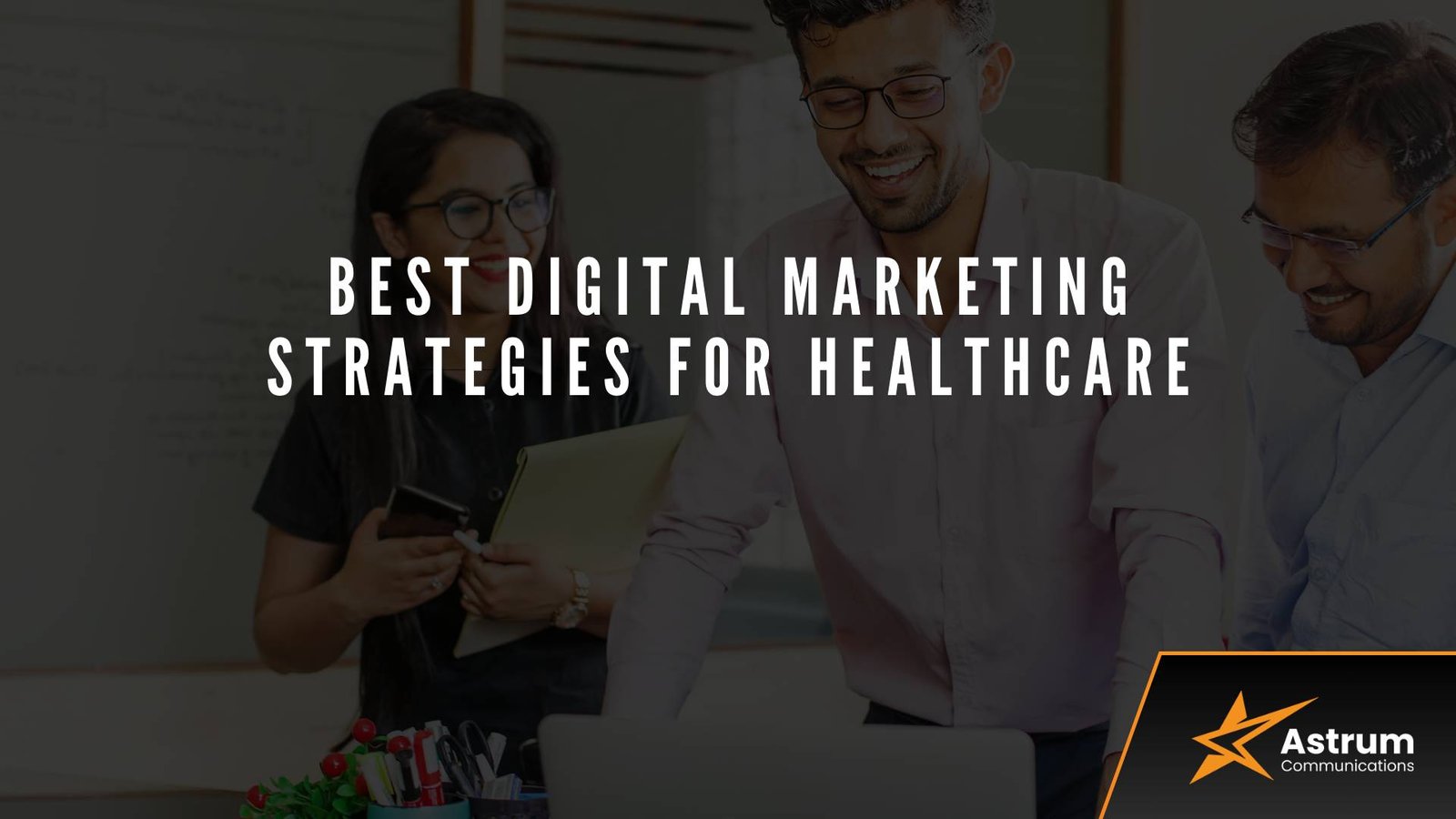Digital marketing for healthcare practices focuses on enhancing online visibility and patient engagement. By utilizing topical authority and entity SEO, practices can provide valuable content, attract the right audience, and build trust, ultimately improving patient outcomes and practice growth.
Table of Contents
ToggleOptimizing Websites for Local SEO and Patient Experience
Optimizing websites for local SEO and enhancing patient experience are essential digital marketing strategies for healthcare providers. To improve local SEO, it’s crucial to ensure that your practice appears in local search results by optimizing your Google My Business profile and maintaining accurate contact information. Focusing on relevant community topics and services helps establish topical authority, making your healthcare site a trusted resource for local patients. For patient experience, the website should prioritize usability, offering clear navigation, quick loading times, and easy appointment scheduling. By integrating patient-friendly content that addresses local health concerns, healthcare providers can position themselves as reliable experts while catering to the needs of their community. Together, these strategies not only increase online visibility but also foster patient trust and engagement.
Using Google Ads and Facebook Ads for Patient Acquisition
Using Google Ads and Facebook Ads for patient acquisition can significantly enhance healthcare marketing efforts. Google Ads enables healthcare providers to reach potential patients actively searching for services, making it effective for targeting specific conditions or treatments. By utilizing relevant keywords and local SEO practices, clinics can improve their visibility in search results, attracting more inquiries.
Facebook Ads, on the other hand, excels in engaging a wider audience through targeted demographics and interests. This platform allows healthcare organizations to share educational content, promote services, and build relationships with the community. By consistently delivering valuable information, providers can establish topical authority, enhancing their reputation and trust among potential patients.
Integrating both advertising platforms creates a comprehensive digital marketing strategy, driving patient acquisition while fostering a strong online presence in the competitive healthcare landscape.
Sharing Patient Success Stories on Social Media
Sharing patient success stories on social media is a powerful digital marketing strategy for healthcare providers. By highlighting real-life experiences, healthcare organizations can build trust and credibility with their audience. Personal stories foster emotional connections, making potential patients more likely to choose your services. Using topical authority, providers can position themselves as experts in their field by sharing insights about treatments and outcomes related to the stories. Incorporating relevant keywords and medical entities enhances visibility in search engines, ensuring that these narratives reach a broader audience. Consistent engagement through social platforms not only promotes community support but also encourages current patients to share their experiences, further enriching your content and establishing a positive online presence. This approach ultimately strengthens patient relationships and drives growth for healthcare providers.
Offering Free Consultations or Health Guides as Lead Magnets
Offering free consultations or health guides as lead magnets is an effective digital marketing strategy for healthcare providers. These offerings can attract potential patients by providing valuable information tailored to their concerns. Free consultations allow healthcare professionals to demonstrate expertise while building trust with prospective patients. Health guides serve as educational resources that address common questions, showcasing knowledge in specific areas of health.
By focusing on relevant topics, providers can enhance their topical authority, making them a go-to source for information. This approach not only nurtures patient relationships but also improves search visibility through entity SEO, as search engines recognize the provider’s relevance to health-related queries. Overall, utilizing free consultations and health guides fosters patient engagement and enhances online credibility, making it a smart strategy for healthcare marketing.
Running Retargeting Campaigns for Previous Website Visitors
Running retargeting campaigns for previous website visitors is a powerful digital marketing strategy in the healthcare sector. These campaigns focus on re-engaging individuals who have shown interest in your services but did not convert. By displaying tailored ads to these users across various platforms, healthcare organizations can remind them of their offerings, such as medical services or health resources.
To enhance effectiveness, create content that addresses common healthcare concerns and inquiries, establishing your practice as a reliable resource. This approach not only increases brand awareness but also builds trust. Additionally, utilizing topical authority in your content can improve your site’s visibility and relevance in search engines, attracting even more potential patients. Ultimately, retargeting helps convert previous visitors into loyal clients, making it an essential strategy for healthcare marketing.
Encouraging Online Reviews on Google and Health Platforms
Encouraging online reviews on Google and health platforms is essential for healthcare providers looking to enhance their digital presence. Positive reviews improve search rankings and build trust with potential patients. A proactive approach involves educating patients about the importance of leaving feedback and simplifying the review process. Consistently responding to reviews, both positive and negative, showcases a commitment to patient care and engagement.
Additionally, establishing topical authority through quality content can attract more patients, as informative articles demonstrate expertise and reliability. By focusing on entity SEO—optimizing for specific healthcare terms and services—you can position your practice favorably in search results. Together, these strategies not only boost visibility but also foster a community of satisfied patients, ultimately driving more traffic to your practice.
Providing Educational Blog Content to Build Trust
Providing educational blog content is a vital strategy for healthcare providers looking to establish trust with their audience. By creating valuable, informative posts that address common health concerns and industry trends, providers position themselves as authoritative resources within their field. This builds credibility and encourages patient engagement. Focusing on specific topics allows healthcare brands to enhance their topical authority, improving their visibility in search engines. By consistently updating their blogs with relevant content, providers can attract organic traffic and foster stronger relationships with potential patients. Additionally, implementing entity SEO helps to clarify the healthcare provider’s role and expertise in the digital landscape, making it easier for patients to find reliable information. Overall, a well-crafted educational blog serves as a powerful tool in a comprehensive digital marketing strategy for healthcare.
Conclusion
Optimizing websites for local SEO enhances patient experience by ensuring healthcare providers are easily found and offer relevant information. By focusing on topical authority and entity SEO, practices can build trust and connect more effectively with their communities. Emphasizing local content and user-friendly design not only attracts patients but also fosters long-term relationships. At Astrum Communications, we specialize in implementing these best digital marketing strategies for healthcare, helping you reach your audience and improve patient engagement.


